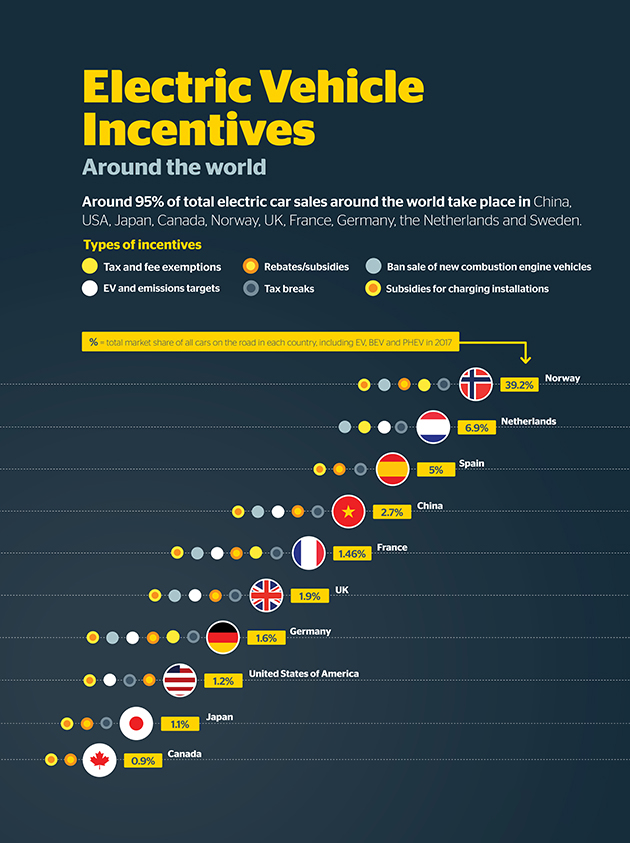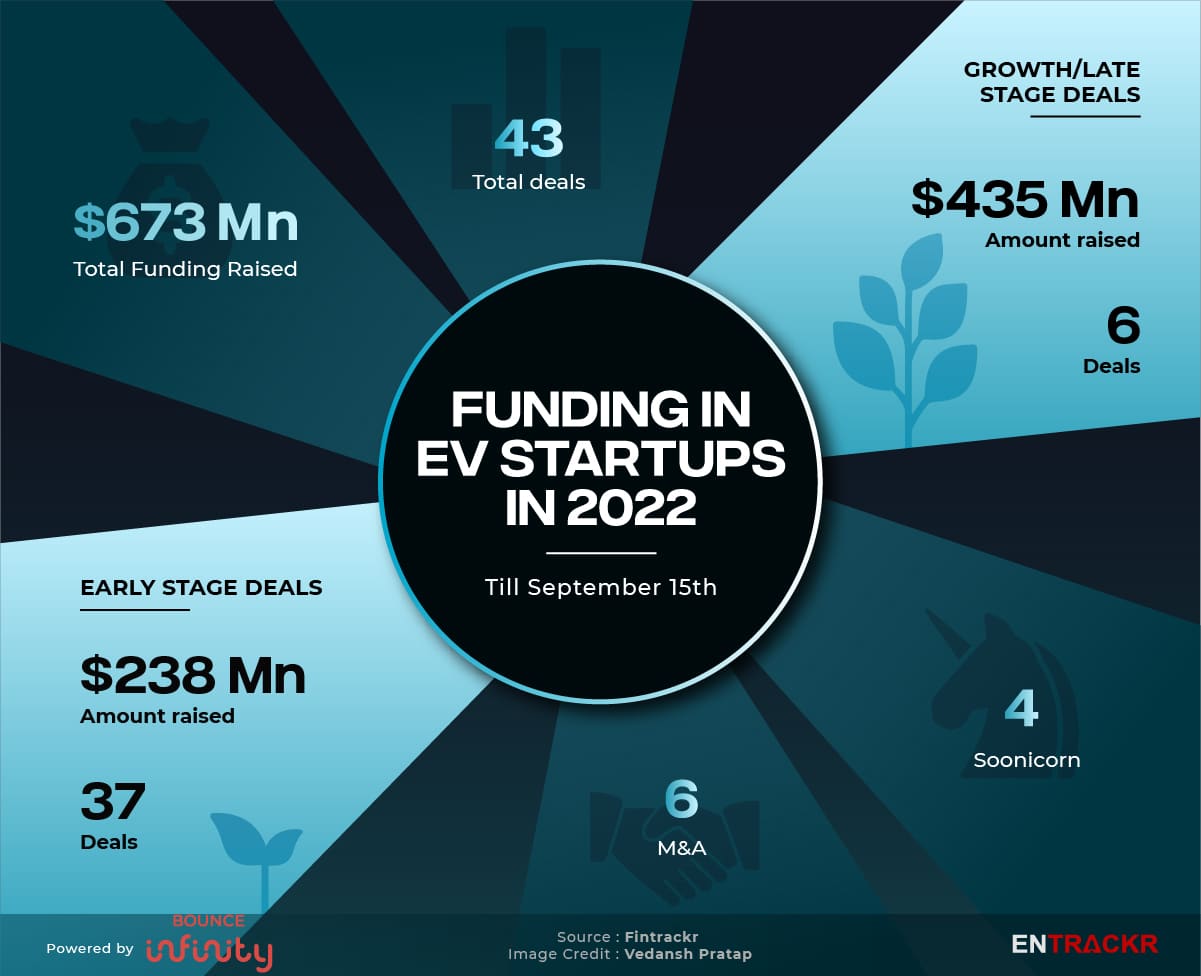Breaking Down Barriers: How New Entrants are Disrupting the EV Market
The electric vehicle (EV) market has witnessed a significant surge in recent years, with numerous Electric Cars Startups emerging to challenge traditional automakers. This influx of new entrants has brought about a wave of innovation, driving the development of cutting-edge technologies and reducing prices. As a result, the EV market has become increasingly competitive, with startups playing a crucial role in shaping the industry’s future.
One of the primary benefits of increased competition in the EV market is the rapid advancement of technology. Electric Cars Startups are pushing the boundaries of innovation, investing heavily in research and development to improve the performance, range, and efficiency of their vehicles. This, in turn, has led to a decrease in prices, making EVs more accessible to a wider audience. Furthermore, the competition has driven traditional automakers to reassess their strategies, leading to a proliferation of new EV models and a reduction in emissions.
The rise of Electric Cars Startups has also led to a shift in the way vehicles are designed and manufactured. With a focus on sustainability and reducing carbon footprints, startups are adopting innovative approaches to production, such as using recycled materials and minimizing waste. This not only benefits the environment but also helps to reduce production costs, making EVs more competitive in the market.
Moreover, the influx of new entrants has brought about a change in the way the industry approaches charging infrastructure. Electric Cars Startups are working to resolve the challenges associated with charging, investing in the development of fast-charging networks and urban charging hubs. This has helped to alleviate range anxiety, a primary concern for potential EV buyers, and has made EVs a more viable option for daily use.
As the EV market continues to evolve, it is clear that Electric Cars Startups will play a vital role in shaping its future. With their innovative approaches, commitment to sustainability, and focus on technological advancement, these startups are poised to disrupt the traditional automotive industry and drive the widespread adoption of EVs.
Key Players in the EV Startup Scene: Companies to Watch
Rivian, Lucid Motors, and NIO are just a few of the notable Electric Cars Startups making waves in the industry. These companies are pushing the boundaries of innovation, bringing new technologies and business models to the market.
Rivian, for example, has gained significant attention for its electric pickup truck, the R1T. With a range of over 400 miles and a starting price of under $70,000, the R1T is an attractive option for those looking for a capable and sustainable vehicle. Rivian’s mission is to create products that inspire people to explore the world in a more sustainable way, and its products are designed to be both functional and environmentally friendly.
Lucid Motors, on the other hand, is focused on creating luxury electric vehicles that combine stunning design with exceptional performance. The company’s flagship model, the Lucid Air, boasts a range of over 500 miles and a starting price of around $80,000. Lucid Motors is committed to creating a more sustainable future, and its products are designed to be both environmentally friendly and technologically advanced.
NIO, a Chinese Electric Cars Startup, has gained significant attention for its innovative approach to electric vehicle design and manufacturing. The company’s products, such as the ES6 and ES8, are designed to be both stylish and sustainable, with a focus on advanced technology and exceptional performance. NIO’s mission is to shape a joyful lifestyle by offering high-performance, premium electric vehicles to users worldwide.
These companies, along with several others, are driving innovation and adoption in the Electric Cars Startups industry. With their commitment to sustainability, technological advancement, and exceptional performance, they are poised to shape the future of the automotive industry and make electric vehicles a viable option for consumers worldwide.
Overcoming Range Anxiety: How EV Startups are Improving Battery Technology
One of the primary concerns for potential Electric Cars Startups buyers is range anxiety, the fear of running out of charge before reaching a charging station. However, EV startups are working to address this issue by improving battery technology, increasing range and efficiency, and reducing charging times.
Advances in battery chemistry and design have led to significant improvements in range and efficiency. For example, some EV startups are using solid-state batteries, which offer higher energy density and faster charging times than traditional lithium-ion batteries. Others are developing new battery management systems that optimize energy usage and reduce waste.
Additionally, EV startups are exploring new battery technologies, such as lithium-air batteries and graphene-based batteries, which have the potential to offer even greater range and efficiency. These advancements are not only addressing range anxiety but also making EVs more competitive with traditional gasoline-powered vehicles.
Improved battery technology is also enabling EV startups to develop new vehicle designs and architectures. For example, some companies are using modular battery packs that can be easily swapped or upgraded, reducing maintenance costs and increasing vehicle lifespan. Others are developing vehicles with advanced aerodynamics and lightweight materials, which reduce energy consumption and increase range.
The impact of these advancements on the Electric Cars Startups industry cannot be overstated. As range anxiety decreases, more consumers are likely to consider EVs as a viable option, driving adoption and growth in the market. Furthermore, the development of new battery technologies and vehicle designs is creating new opportunities for innovation and competition, driving the industry forward and shaping its future.
Charging Infrastructure: How Startups are Solving the Charging Conundrum
One of the primary concerns for potential electric car buyers is the availability and accessibility of charging infrastructure. Electric cars startups are working to resolve this issue by developing innovative solutions to make charging faster, more convenient, and widely available. Fast-charging networks, urban charging hubs, and home charging systems are just a few examples of the advancements being made in this area.
Companies like ChargePoint and EVgo are leading the charge in developing fast-charging networks that can recharge electric cars to 80% in under 30 minutes. These networks are being strategically placed along highways and in urban areas to provide convenient charging options for drivers on-the-go. Additionally, startups like Volta Charging are introducing free public charging stations that are supported by advertising, making electric car ownership more accessible to a wider audience.
Urban charging hubs are another innovative solution being developed by electric cars startups. These hubs provide a centralized location for drivers to charge their vehicles, often with multiple charging stations and amenities like Wi-Fi and food and beverage options. Companies like Electrify America are investing heavily in the development of these hubs, which are expected to play a critical role in supporting the growth of the electric car market.
Home charging systems are also becoming increasingly popular, with startups like Wallbox and ChargePoint offering a range of solutions for homeowners. These systems can be installed in a garage or driveway and provide a convenient and cost-effective way to charge electric cars at home. Some startups are even offering smart charging systems that can optimize energy usage and reduce strain on the grid.
The development of advanced charging infrastructure is not only addressing range anxiety but also driving innovation in the electric car market. As charging becomes faster, more convenient, and widely available, electric cars startups are poised to play a major role in shaping the future of transportation. With the support of government incentives and investments from major automakers, the charging infrastructure landscape is expected to continue evolving in the coming years.
Designing for Sustainability: The Role of EV Startups in Reducing Carbon Footprints
Sustainability is at the forefront of the electric cars startups’ mission, with many companies prioritizing environmentally friendly design approaches to reduce their carbon footprint. From using recycled materials to implementing energy-efficient manufacturing processes, these startups are revolutionizing the way electric vehicles are designed and produced.
One notable example is Rivian, which has committed to using sustainable materials in its vehicles, such as recycled aluminum and responsibly sourced wood. The company has also implemented a closed-loop recycling system, which allows it to recover and reuse materials from its manufacturing process. This approach not only reduces waste but also minimizes the environmental impact of its operations.
Lucid Motors is another electric cars startup that is prioritizing sustainability in its design approach. The company’s luxury electric vehicle, the Lucid Air, features a range of sustainable materials, including a vegan interior and a body made from recycled aluminum. Lucid Motors has also implemented a number of energy-efficient manufacturing processes, including a solar-powered assembly plant.
NIO, a Chinese electric cars startup, is also making significant strides in sustainable design. The company’s vehicles feature a range of eco-friendly materials, including recycled plastics and sustainable fabrics. NIO has also implemented a number of innovative manufacturing processes, including a 3D printing system that reduces waste and energy consumption.
In addition to using sustainable materials and manufacturing processes, electric cars startups are also prioritizing energy efficiency in their vehicle designs. Many companies are using advanced technologies, such as regenerative braking and aerodynamic design, to minimize energy consumption and reduce their carbon footprint.
The focus on sustainability among electric cars startups is not only good for the environment, but it also provides a competitive advantage in the market. As consumers become increasingly environmentally conscious, companies that prioritize sustainability are likely to attract a loyal customer base and establish a strong reputation in the industry.
Furthermore, the sustainable design approaches being adopted by electric cars startups are also driving innovation in the industry. By pushing the boundaries of what is possible in terms of sustainable design, these companies are driving the development of new technologies and materials that can be used across the automotive sector.
Government Incentives and Regulations: How EV Startups are Benefiting
The growth of electric cars startups has been supported by various government incentives and regulations, which have played a crucial role in driving innovation and adoption in the industry. Governments around the world have implemented policies to encourage the development and sale of electric vehicles, including tax credits, subsidies, and investments in charging infrastructure.
In the United States, the federal government offers a tax credit of up to $7,500 for the purchase of an electric vehicle, which has helped to make electric cars more affordable for consumers. Additionally, many states offer their own incentives, such as rebates and exemptions from certain fees. These incentives have helped to drive the growth of electric cars startups, such as Tesla, Rivian, and Lucid Motors.
In Europe, the European Union has set a goal of reducing greenhouse gas emissions from transportation by 60% by 2050, and has implemented policies to support the growth of electric vehicles. The EU has set a target of having at least 50% of new car sales be electric by 2035, and has implemented incentives such as tax credits and subsidies to encourage the development and sale of electric vehicles.
In China, the government has implemented a number of policies to support the growth of electric vehicles, including subsidies, tax credits, and investments in charging infrastructure. China has set a goal of having 50% of new car sales be electric by 2025, and has implemented policies to encourage the development and sale of electric vehicles.
Government regulations have also played a crucial role in driving the growth of electric cars startups. Regulations such as the Corporate Average Fuel Economy (CAFE) standards in the United States, which require automakers to meet certain fuel efficiency standards, have encouraged the development of electric vehicles. Additionally, regulations such as the EU’s Euro 6 emissions standards have encouraged the development of electric vehicles.
Electric cars startups have also benefited from government investments in charging infrastructure. Governments around the world have invested in the development of charging networks, which has helped to address one of the primary concerns for potential electric vehicle buyers: range anxiety. Companies such as ChargePoint and EVgo have received government funding to develop and expand their charging networks.
Overall, government incentives and regulations have played a crucial role in driving the growth of electric cars startups. These policies have encouraged the development and sale of electric vehicles, and have helped to address some of the primary concerns for potential buyers. As the industry continues to grow, it is likely that government policies will continue to play a key role in shaping the market.
Investing in the Future of Transportation: How to Support EV Startups
As the electric vehicle (EV) market continues to grow, investors are increasingly looking for ways to support EV startups and capitalize on the industry’s potential. There are several ways to invest in EV startups, including crowdfunding, venture capital, and stock market opportunities. Each of these options carries its own risks and rewards, and it’s essential to understand the pros and cons before making a decision.
Crowdfunding is a popular way for EV startups to raise funds from a large number of people, typically through online platforms. This approach allows individuals to invest small amounts of money in exchange for equity or rewards. Crowdfunding platforms like Kickstarter and Indiegogo have been used by EV startups like Tesla and Rivian to raise funds and generate buzz around their products.
Venture capital is another way to invest in EV startups. Venture capital firms provide funding to early-stage companies in exchange for equity, and they often take an active role in guiding the company’s growth. Venture capital firms like Sequoia Capital and Kleiner Perkins have invested in EV startups like Lucid Motors and NIO.
Stock market opportunities are also available for investors who want to support EV startups. Many EV startups are listed on public stock exchanges, allowing investors to buy and sell shares. This approach provides liquidity and flexibility, but it also carries risks, as stock prices can fluctuate rapidly.
Before investing in EV startups, it’s essential to conduct thorough research and due diligence. Investors should evaluate the company’s financials, management team, and competitive landscape to assess its potential for growth and returns. It’s also crucial to understand the risks associated with investing in emerging companies, including the potential for losses and volatility.
Despite the risks, investing in EV startups can be a lucrative opportunity for those who are willing to take on the challenges. The EV market is expected to continue growing rapidly, driven by government regulations, technological advancements, and increasing consumer demand. By supporting EV startups, investors can play a role in shaping the future of transportation and potentially reap significant returns on their investment.
Ultimately, investing in EV startups requires a deep understanding of the industry, its trends, and its challenges. By doing their homework and taking a thoughtful approach, investors can make informed decisions and potentially benefit from the growth of the EV market.
What’s Next for Electric Cars? Predictions from Industry Experts
The electric vehicle (EV) market is rapidly evolving, with new technologies, business models, and innovations emerging every year. To get a glimpse into the future of the EV market, we spoke with industry experts who shared their predictions on technological advancements, market trends, and the role of startups in shaping the industry.
According to experts, one of the most significant technological advancements in the EV market will be the development of solid-state batteries. These batteries promise to offer higher energy density, faster charging times, and improved safety compared to traditional lithium-ion batteries. Companies like QuantumScape and Factorial Energy are already working on commercializing solid-state battery technology.
Another trend that experts predict will shape the EV market is the increasing adoption of autonomous driving technologies. Autonomous vehicles will not only improve safety but also enhance the overall driving experience. Companies like Waymo and Tesla are already testing autonomous vehicles on public roads.
Experts also predict that the EV market will become increasingly competitive, with new startups emerging to challenge traditional automakers. Companies like Rivian, Lucid Motors, and NIO are already making waves in the industry with their innovative products and business models.
Government policies and regulations will also play a crucial role in shaping the EV market. Experts predict that governments will continue to offer incentives and subsidies to encourage the adoption of EVs, while also implementing stricter regulations to reduce emissions and improve safety.
Finally, experts predict that the EV market will become increasingly global, with companies from China, Europe, and the US competing for market share. This will lead to increased innovation, improved products, and reduced prices, ultimately benefiting consumers.
Overall, the future of the EV market looks bright, with technological advancements, innovative business models, and increasing competition driving growth and adoption. As the industry continues to evolve, it will be exciting to see how startups and traditional automakers adapt and innovate to meet the changing needs of consumers.
As one expert noted, “The EV market is at a tipping point, and we can expect to see significant growth and innovation in the coming years. Startups will play a crucial role in shaping the industry, and we can expect to see new business models, products, and technologies emerge that will disrupt the traditional automotive industry.”






